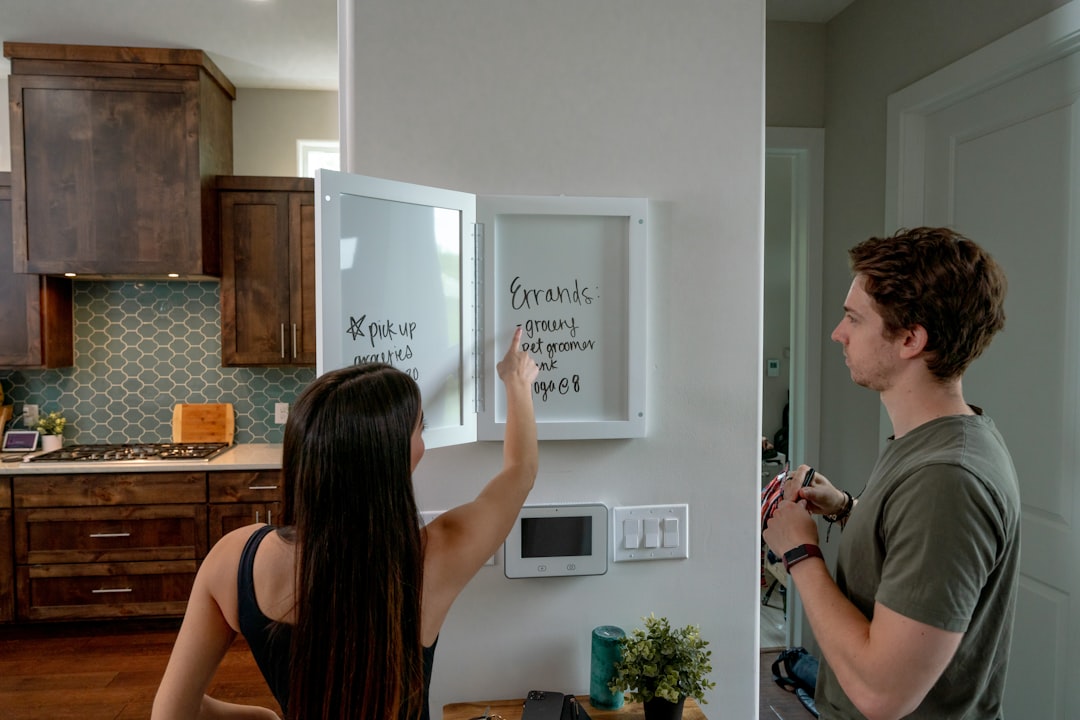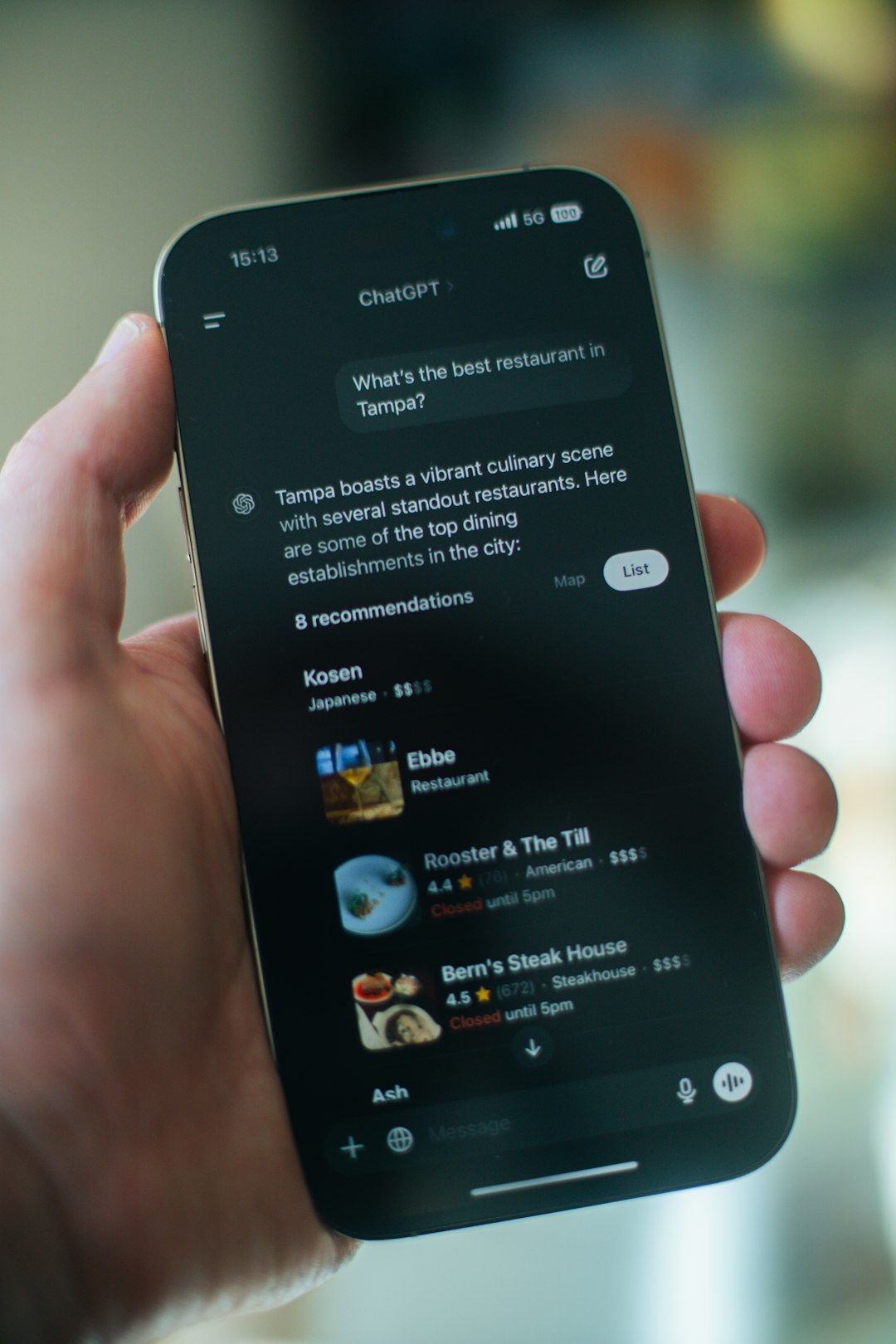The holidays are here! That means cozy nights, sweet treats, and of course, twinkling lights. Whether you’re lighting up a tree indoors or turning your front porch into a winter wonderland, one question always comes up: How do I turn all these lights on and off without doing it manually every night?
This is where the debate begins—Holiday Light Timers vs. Smart Schedules. Both options will do the job, but they work in very different ways. Let’s unwrap the pros and cons together!
What Are Holiday Light Timers?
Holiday light timers are small, plug-in devices. You set a time, plug in your light string, and—voilà!—the timer turns the lights on and off for you. They’ve been around forever and can often be found at hardware stores around the holidays.
Why people love them:
- Easy to use
- Affordable
- No internet needed
Most have a simple dial to set hours. Some offer daily schedules or options to turn on at dusk and off at dawn. It’s pretty basic, but it works!
And What About Smart Schedules?
Smart schedules take things to the next level. If you use a smart plug, smart home hub, or even a voice assistant like Alexa or Google, you can control your lights from your phone. That’s where schedules come in.
You simply pick a time in your app—lights on at 6:00 PM, off at midnight—and the system handles it. You can even adjust schedules on the go!
Why people love smart schedules:
- Flexible and customizable
- Remote control from your phone
- Voice command integration
Plus, smart plugs can be used year-round for other things—not just during the holidays.

Round 1: Setup and Simplicity
Light Timers: Super easy. Plug them in, set your time with a dial or button, and that’s it. You don’t need Wi-Fi, a smartphone, or any apps. Perfect for Grandma or for anyone who just wants something that works.
Smart Schedules: They may take a few more steps to set up. You might need to download an app, connect to Wi-Fi, and link to a smart device. That can be intimidating at first. However, once it’s set up, it’s a breeze to manage remotely.
Winner: Timers for simplicity. Smart schedules if you’re tech-savvy.
Round 2: Flexibility
Holiday Light Timers: Once it’s set, it’s set. You have to go outside or into whatever corner you plugged it in if you want to make a change. If the weather is bad or you want to make quick changes, it’s a hassle.
Smart Schedules: These are VERY flexible. You can change times easily from your phone. Running late? Stuck at a party? You can turn your lights on with a quick tap. Some even use GPS so your lights turn on when you get home!
Winner: Smart schedules take this one by a mile.
Round 3: Power Backup
Light Timers: Most inexpensive models don’t have battery backup. If the power goes out, they reset. That means you’ll likely have to re-program them. That’s a bit annoying during the busy holiday season.
Smart Schedules: These use cloud or app-based storage. If there’s a power outage, your schedule usually stays intact. They remember what to do even if you’re not around to fix them. Pretty nifty, right?
Winner: Smart schedules again!

Round 4: Cost
Holiday Light Timers: These guys win the price game. You can often grab one for under $15. Some even come in multi-packs, making it easy to light up your whole yard without breaking the bank.
Smart Schedules: These tend to cost more. A smart plug might cost anywhere from $15 to $40. Plus, if you don’t already have a smart system (like Alexa or Google Assistant), the price tag goes way up.
Winner: Timers are much more budget-friendly.
Round 5: Year-Round Use
Light Timers: These tend to go back into the storage box after the holidays. You probably won’t use them a lot the rest of the year unless you have similar light displays for other occasions.
Smart Schedules: Big-time win here. You can use smart plugs to control coffee makers, fans, lamps, and more. Set your bedroom lights to turn on with your morning alarm. Turn on a humidifier before bedtime. The uses are endless!
Winner: Smart schedules take the crown for usefulness long after the ornaments are packed away.
Bonus Round: Coolness Factor
This one’s subjective, but hey—it matters!
Let’s face it: telling a voice assistant, “Turn on Christmas lights,” just feels extra fancy. Your guests will think you live in the future. Plus, watching lights flicker on exactly when you want—even if you’re at the mall—is a tiny bit magical.
Traditional timers don’t have the same wow-factor, but they do give you that sense of nostalgia. Nothing says “holiday spirit” like hearing that faint *click* as the timer kicks in.
Winner: We’ll call this one a tie. Depends on your style.
So… Which Should You Choose?
Still not sure? Let’s break it down:
- Go with Holiday Light Timers if: You want something easy, inexpensive, and reliable without using apps or Wi-Fi.
- Choose Smart Schedules if: You love tech, want total control, and plan to use your smart plugs all year long.
You could even use both! Maybe set up timers outside where the Wi-Fi isn’t great, and use smart schedules inside for maximum chill and control.
Final Thoughts
Whether you’re a tech wizard or a holiday traditionalist, there’s a perfect lighting solution out there for you. Timers and smart schedules both bring a bit of magic to your holiday setup. And hey, as long as those lights shine, who really cares how they got turned on?
Have fun decorating, stay safe, and may your lights shine bright all season long!
